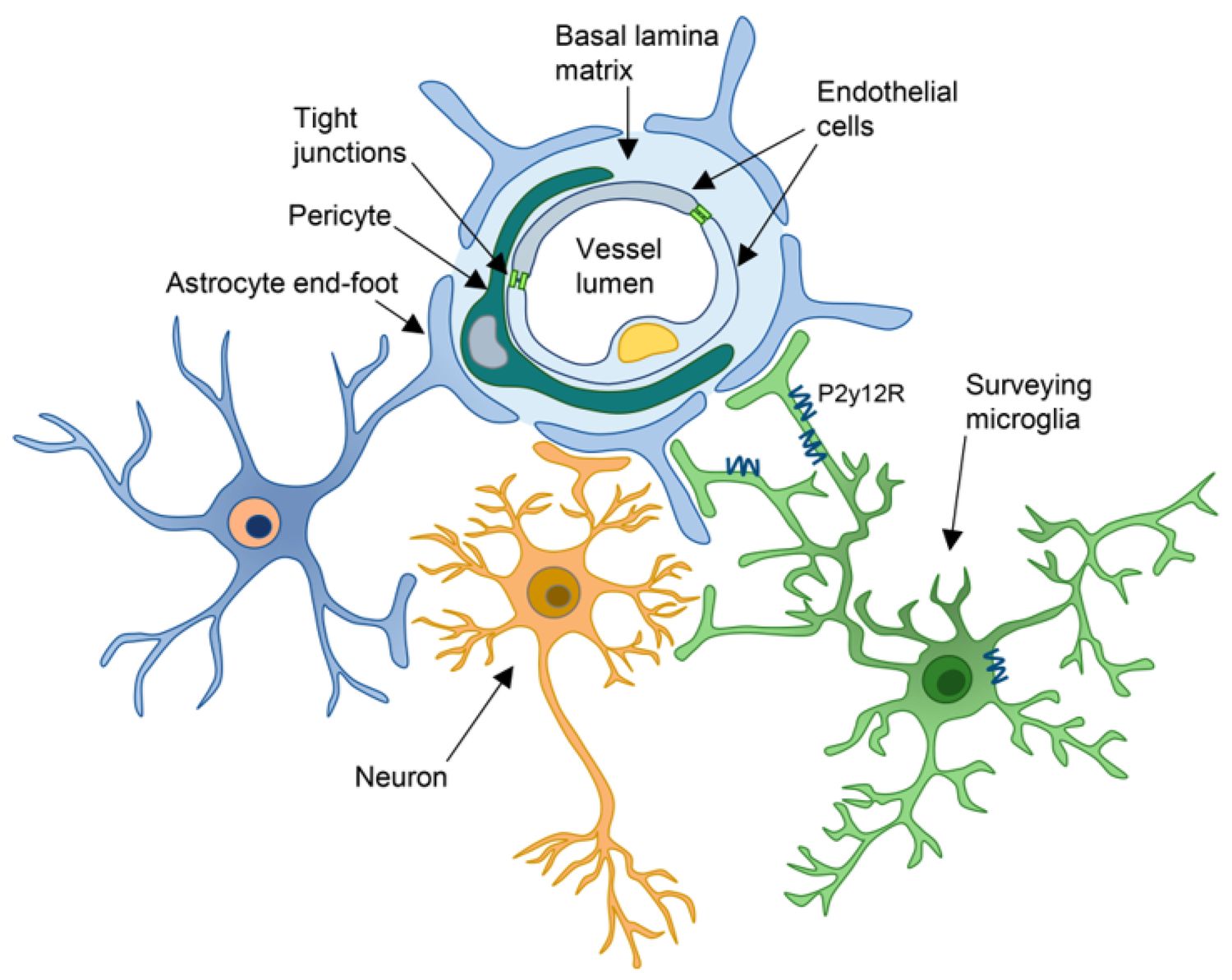
Microglia are fascinating cells in the brain that play a crucial role in maintaining its health. Often referred to as the brain's immune cells, they act as the first line of defense against infections and injuries. But their functions go beyond just protection. Microglia are involved in shaping neural connections, clearing out debris, and even influencing behavior. Understanding these tiny yet mighty cells can shed light on various neurological conditions like Alzheimer's, Parkinson's, and multiple sclerosis. Ready to dive into some intriguing facts about microglia? Let's explore how these unsung heroes keep our brains in check and what makes them so special.
What Are Microglia?
Microglia are the brain's resident immune cells. They play a crucial role in maintaining brain health by protecting neurons and removing debris. Here are some fascinating facts about these tiny but mighty cells.
- Microglia make up about 10-15% of all cells in the brain.
- They were first discovered by Spanish neuroscientist Pío del Río-Hortega in 1919.
- Microglia originate from the yolk sac during early embryonic development.
- Unlike other brain cells, microglia can move around to respond to injury or infection.
- They constantly survey the brain environment, making them the brain's first line of defense.
Functions of Microglia
Microglia have several important functions that go beyond just immune defense. They are involved in brain development, maintenance, and repair.
- Microglia help prune synapses during brain development, which is crucial for learning and memory.
- They release growth factors that support neuron survival and function.
- Microglia can engulf and digest dead cells and debris, a process known as phagocytosis.
- They produce cytokines, which are signaling molecules that help regulate inflammation.
- Microglia can change their shape and function in response to different signals, a process called activation.
Microglia and Brain Diseases
Microglia are involved in various brain diseases, both as protectors and potential contributors to disease progression.
- In Alzheimer's disease, microglia can become overactive and contribute to inflammation.
- Microglia are also implicated in Parkinson's disease, where they may contribute to the loss of dopamine-producing neurons.
- In multiple sclerosis, microglia can attack the myelin sheath that insulates nerve fibers.
- Microglia can help clear amyloid plaques, which are characteristic of Alzheimer's disease.
- They are involved in the response to brain injuries, such as strokes or traumatic brain injuries.
Microglia in Research
Microglia are a hot topic in neuroscience research due to their diverse roles and potential therapeutic targets.
- Researchers are studying how microglia can be manipulated to treat neurodegenerative diseases.
- Microglia are being explored as potential targets for reducing brain inflammation.
- Scientists are investigating how microglia interact with other brain cells, such as neurons and astrocytes.
- New imaging techniques are allowing researchers to study microglia in living brains.
- Genetic studies are revealing how different genes influence microglia function and behavior.
Interesting Facts About Microglia
Here are some lesser-known but intriguing facts about microglia that highlight their complexity and importance.
- Microglia can live as long as the organism they inhabit, making them some of the longest-living cells in the body.
- They can switch between a resting state and an active state depending on the brain's needs.
- Microglia have receptors that allow them to detect changes in the brain environment, such as the presence of pathogens or damaged cells.
- They can communicate with other immune cells in the body, linking the brain's immune response to the body's overall immune system.
- Microglia are involved in the regulation of sleep, showing that their functions extend beyond just immune defense.
The Marvels of Microglia
Microglia are fascinating cells that play a crucial role in brain health. These tiny protectors act as the brain's immune system, constantly patrolling for threats and cleaning up debris. They help in brain development, support neuron function, and even assist in repairing damage. Understanding microglia can lead to breakthroughs in treating neurological diseases like Alzheimer's, Parkinson's, and multiple sclerosis.
Their ability to change roles based on the brain's needs makes them unique. From defending against infections to aiding in learning and memory, microglia are essential for a healthy brain. As research continues, who knows what other secrets these incredible cells will reveal?
Stay curious about the brain's inner workings. Microglia might be small, but their impact is enormous. Keep exploring, and you'll uncover even more amazing facts about these vital cells.
Was this page helpful?
Our commitment to delivering trustworthy and engaging content is at the heart of what we do. Each fact on our site is contributed by real users like you, bringing a wealth of diverse insights and information. To ensure the highest standards of accuracy and reliability, our dedicated editors meticulously review each submission. This process guarantees that the facts we share are not only fascinating but also credible. Trust in our commitment to quality and authenticity as you explore and learn with us.
